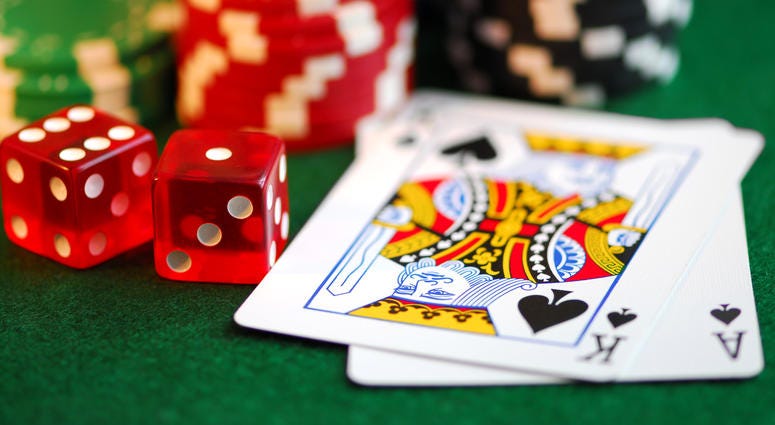Gambling addiction is a behavioural disorder classified as an impulse control disorder by the American Psychiatric Association. It shares similarities with substance addiction, as individuals with เว็บพนันออนไลน์ต่างประเทศ gambling problems often experience cravings and withdrawal symptoms.
The Impact of Gambling Addiction
Before discussing the role of medications, it’s crucial to understand the devastating effects of gambling addiction on individuals and their families. This addiction แทงบอลออนไลน์ can lead to financial ruin, strained relationships, legal issues, and even mental health problems such as depression and anxiety.
Medications for Gambling Addiction
Can Medications Cure Gambling Addiction?
While medications can play a role in managing gambling addiction, it’s important to note that they are not a standalone cure. They are typically part of a comprehensive treatment plan that includes therapy and support.
Medications Used in Treating Gambling Addiction
Naltrexone: This medication is often used to treat addiction and can reduce cravings in individuals with gambling problems. It works by blocking the brain’s reward system associated with gambling.
Antidepressants: Some antidepressants, such as selective serotonin reuptake inhibitors (SSRIs), may help individuals with co-occurring depression and gambling addiction.
Mood Stabilizers: Mood-stabilizing medications like lithium may be prescribed in cases where gambling addiction is linked to bipolar disorder or other mood disorders.
The Limitations of Medications
Addressing the Root Causes
Medications can alleviate some symptoms of gambling addiction, but they do not address the underlying psychological and emotional factors driving the addiction. Successful treatment often involves therapy to explore and resolve these issues.

Risk of Relapse
Without ongoing therapy and support, individuals who rely solely on medications may be at a higher risk of relapse once they stop taking the drugs.
The Importance of Comprehensive Treatment
Combining Medications and Therapy
A combination of medications and therapy is usually recommended for the best outcomes. Therapy, such as cognitive-behavioural therapy (CBT) or support groups, can help individuals learn coping strategies, identify triggers, and develop healthier behaviours.
Support Systems
Having a strong support system, including family and friends, is essential for individuals in recovery. Support can provide motivation, encouragement, and accountability.

